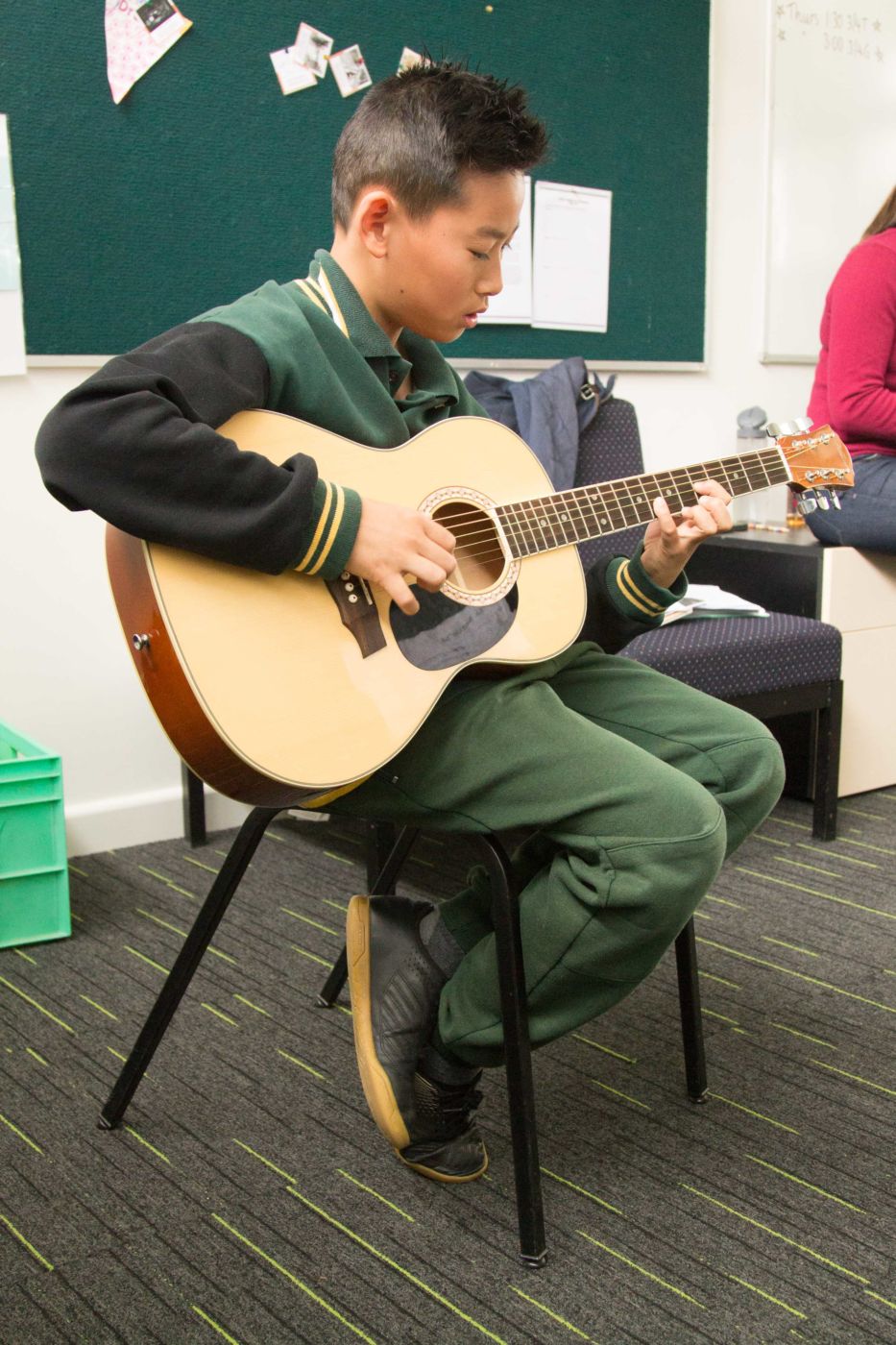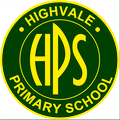Students
Wellbeing
Strong links exist between wellbeing and school excellence. At Highvale we consider that teaching and learning and wellbeing go hand in hand. That is they are integrated and complementary to each other. Our aim is to sustain a teaching and learning environment which enables students to be healthy, happy, engaged and successful.
Our Response to Individual Needs (RTI) framework is designed to assist staff, parents and our community to support students at each stage of their development and to do this through quality teaching, learning and engagement.
Our work in this area work is underpinned by our high standards, clear expectations and the productive positive relationships that support students to learn.
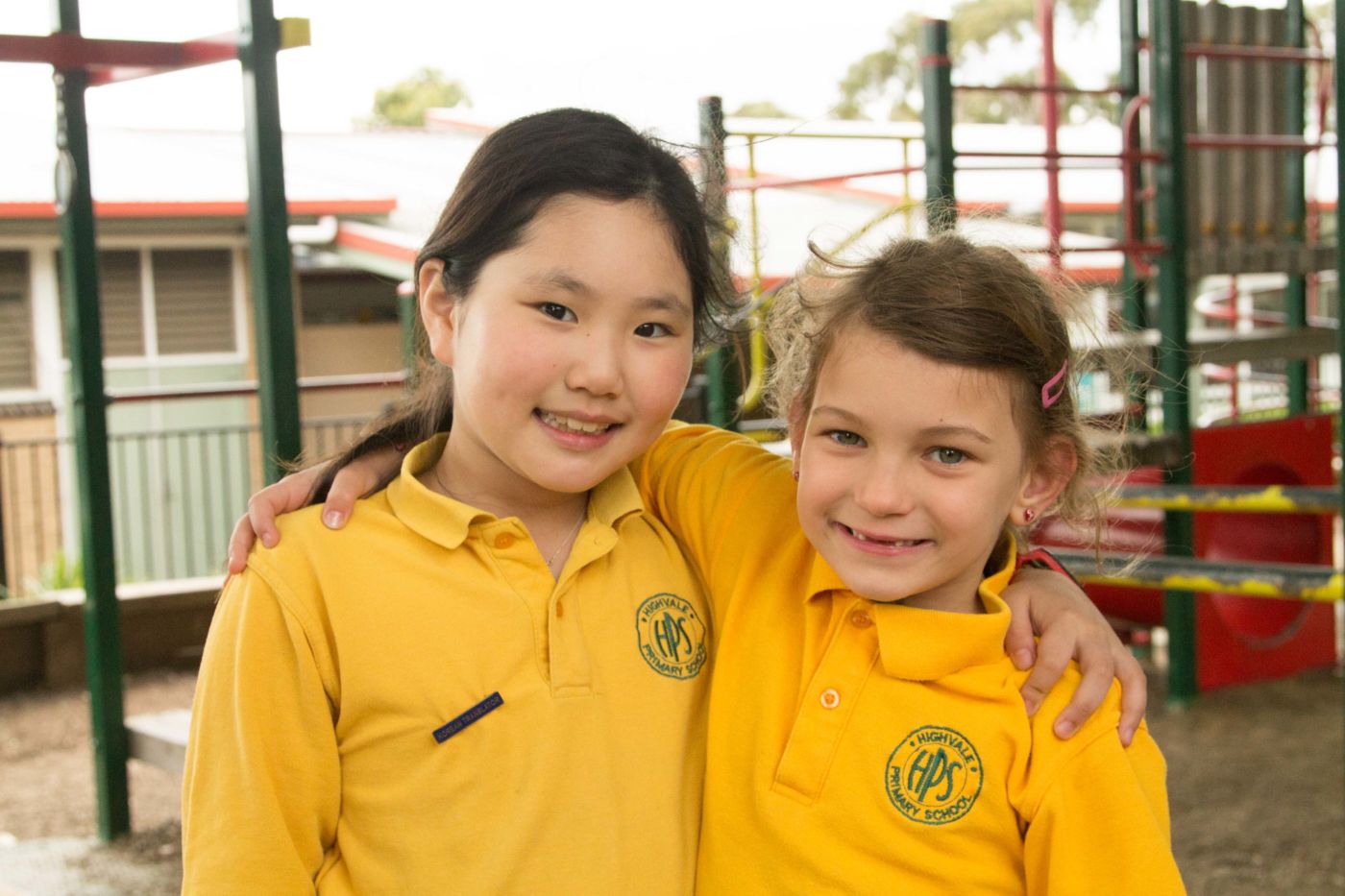
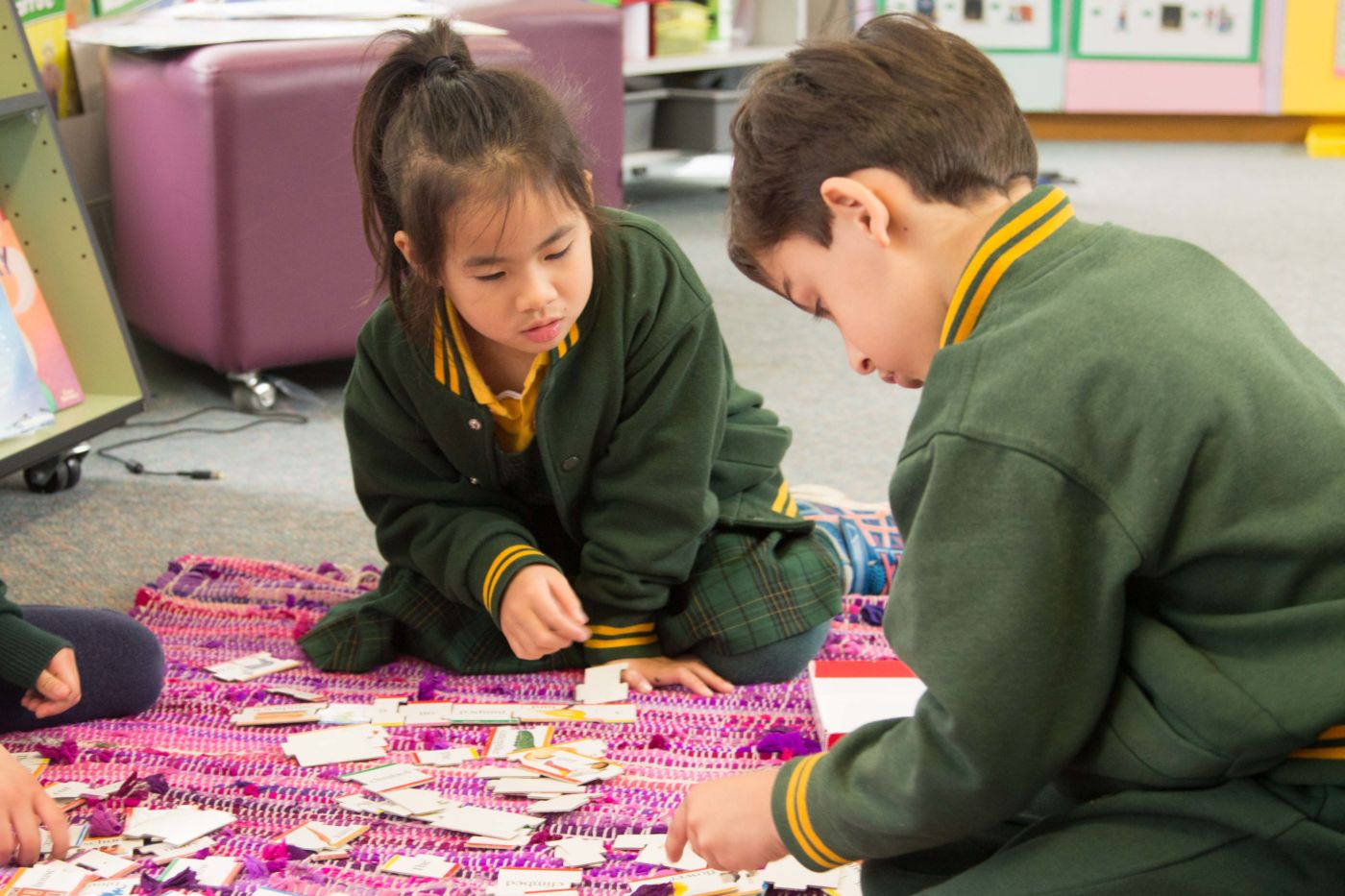
PBL – Positive Behaviour for Learning
In 2013 we began our journey of what was then the School Wide Positive Behaviour Support (SWPBS) Program. Over the last four years we have formed our own path with this internationally renowned initiative. This journey has now led us to a point in time where we have decided to re-brand SWPBS to Positive Behaviour for Learning (PBL). Though the language has changed, the implementation of the framework will continue as outlined in our schools Annual Implementation Plan.
What is PBL?
Positive Behaviour for Learning (PBL) is implemented to improve the learning and wellbeing of all students in all school settings.
Positive Behaviour for Learning is a whole school approach for creating a positive, safe and supportive school climate in which students can learn and develop. Students are empowered to participate in decision-making through active involvement in the school’s leadership of PBL.
All staff are responsible for teaching the behaviour expectations, providing consistent positive feedback to students, and delivering consistent corrective feedback. The entire school, including the learning areas, walkways, toilets and playgrounds are all considered part of the total learning environment.
Schools implementing PBL organise their systems to establish the social culture, learning and teaching environment and to provide individual behaviour supports to achieve positive academic and social outcomes for all students. While key practices will be similar in every school, each school designs their own approach based on their context, resources and the outcomes that are important to their school and community. Schools only use those practices and strategies that are effective in their local context.
When PBL is implemented well, a safe and supportive learning environment is provided for all students. Students and staff benefit from:
- increased academic instructional time for students
- improved social climate of the school
- increased numbers of students displaying positive behaviours
- support for students, teachers and families which is matched to their needs
- systems that support an instructional approach
- consistent delivery of effective programs and practices that are sustained over time
Restorative Practices
Restorative practice is an approach used at Highvale to assist students to build positive relationships with each other through the use of specific tools and strategies. Students regularly participate in Circle Time to share knowledge and experiences, pose questions and get to know each other and their teacher. Other restorative tools such as ‘chats’ and more formal conferences are utilised to guide students through a process of repair when there is a disagreement or relationship damage. Restorative practices seek to repair relationships that have been damaged.

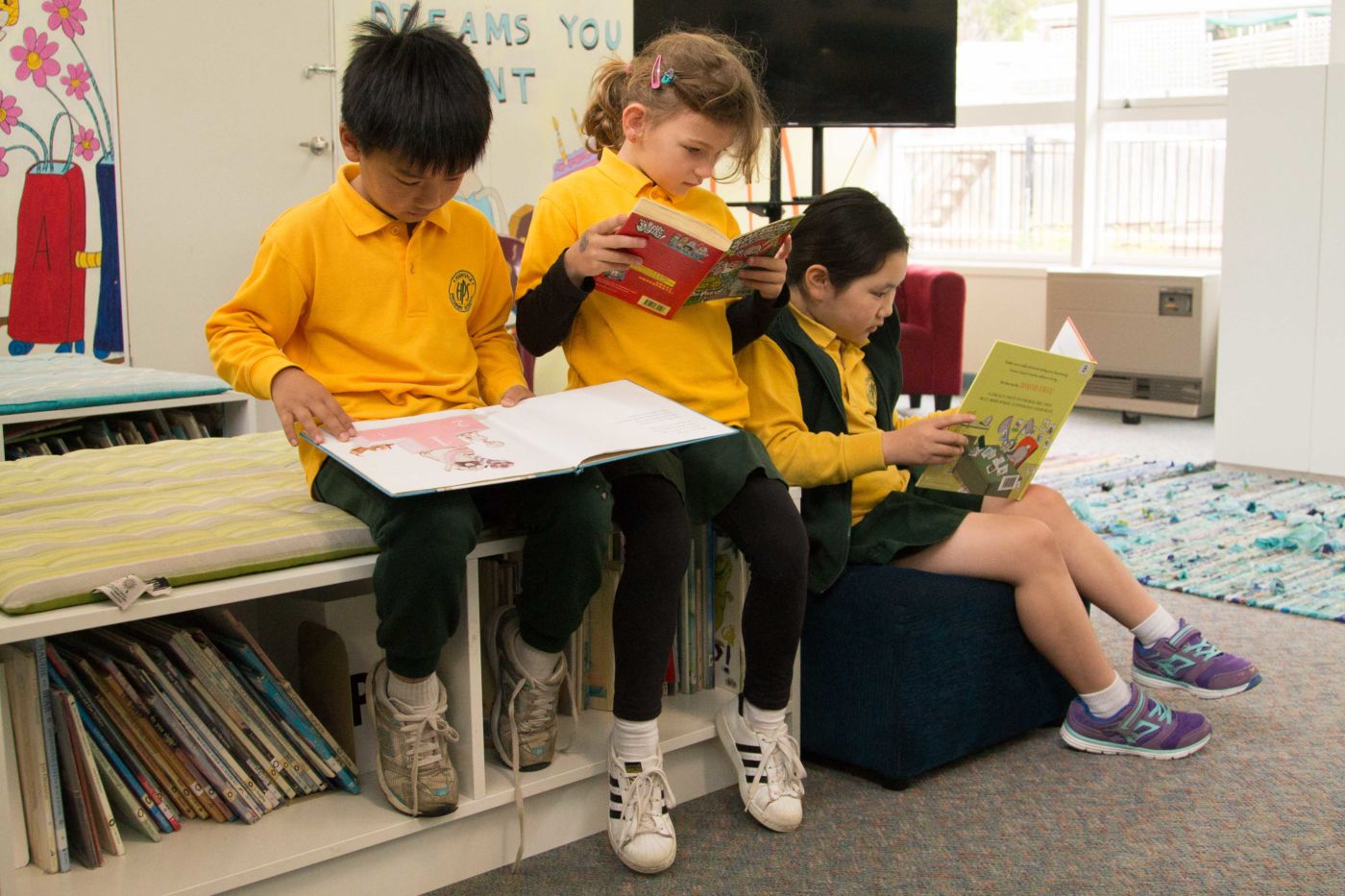
Cooperative Learning
Cooperative Learning is an evidence based instructional strategy in which small groups of students work together on a common task. Cooperative learning is structured and purposeful and goes well beyond simple group work. Cooperative tasks can be simple or complex, be specific or multidimensional. The benefits of teaching students the specific elements of working cooperatively include enhanced social skills, knowledge and skills in working and playing together, understanding roles, responsibilities and accountability, building empathy and understanding, reasoning and collaborative achievement.
At Highvale, each student actively participates in our cooperative learning program known as ‘Cooperative Kids’. Students are taught the elements of cooperative learning each month which they utilise and practice throughout the normal learning program.
Recently we have had a focus on Positive Interdependence and will learn more about Individual and Group Accountability during the first half of 2018.
The five basic elements of cooperative learning are:
- Positive interdependence.
- Individual and group accountability.
- Interpersonal and small group skills.
- Face-to-face promotive interaction.
- Group processing.
Extra Curricular
Our extra-curricular programs are designed to support student learning and enhance differentiated and personalised learning. Through the provision of a range of educational experiences we aim to provide students with ‘extra’ opportunities which will both stimulate their thinking and provide opportunities for experience to be gained beyond what is prescribed in the Victorian Curriculum. These programs support core curriculum learning through as well as providing further opportunities for students to develop their interests, passions and skills.
Not all extra-curricular activities are available at the same time. Our newsletter provides regular updates regarding availability or information can be attained through the school office. Activities include but are nor constrained to:
- Instrumental Music Program – Brass, Woodwind, Percussion
- Novice Band
- Concert Band
- Choir
- Robotics
- GREEN Team
- Year 5 and 6 Student Leadership Program
- Buddies
- Year 5&6 Debating
- Year 5 Leadership and Multicultural Program (LAMP)
- Year 1-6 Student Representative Council (SRC)
- Active Sporting Schools Program
- Relaxation program
- Chess program
- Tennis
